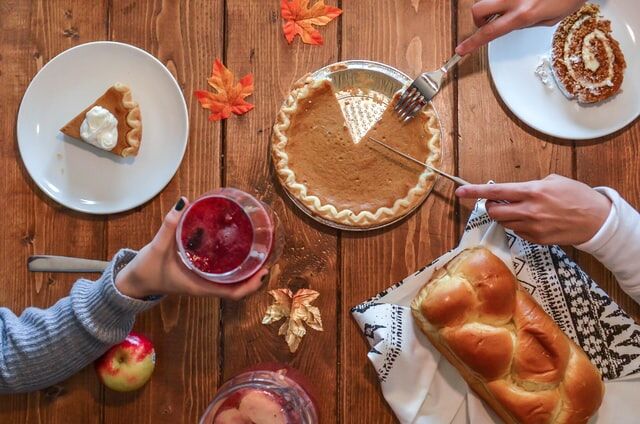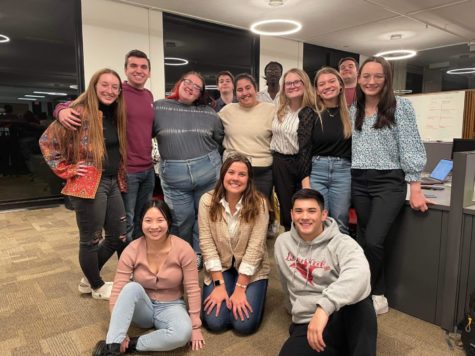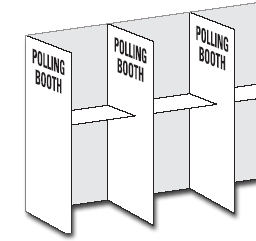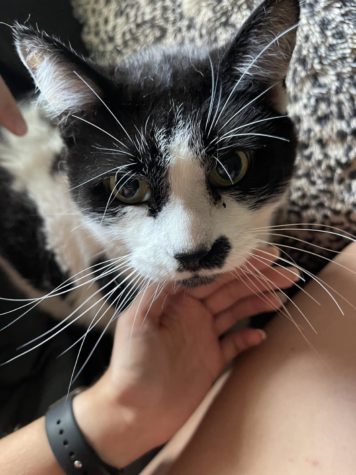Editorial: It’s time to talk about Thanksgiving
The ISD Editorial Board examines the history behind Thanksgiving and encourages everyone to educate themselves and do some research this year.
November 15, 2020
Thanksgiving is generally a noncontroversial holiday celebrated by millions of Americans. However, after a summer of protests against police brutality and systemic racism, should certain Thanksgiving customs adapt to more accurately respect and support Native Americans? Do we, as a privileged group, get to decide if it changes?
Thanksgiving historically celebrated the corn harvesting successes of Plymouth colonists during their first year in America. With the guidance of the Wampanoag tribe, and specifically the famous Native American Squanto, the pilgrims learned how to plant and harvest crops, fish and funnel sap from maple trees.
After a harsh winter that killed off half of the Plymouth pilgrims, this education likely saved them from malnutrition and starvation. The pilgrims invited members of the Wampanoag tribe for a three day long feast — famously celebrated as Thanksgiving.
Because this encounter between Native Americans and colonists “tragically remains one of the sole examples of harmony between European colonists and Native Americans,” Thanksgiving is generally considered a noncontroversial holiday to non-Native Americans (in contrast to Columbus Day).
While this is also true for many Native Americans, there are tribes that dedicate Thanksgiving day to mourn and protest, “since it commemorates the arrival of settlers in North America and the centuries of oppression and genocide that followed after.”
Others use this day to spend time with family but refrain from connecting it to the past, and some choose not to partake in celebrations at all, arguing it perpetuates “compromised integrity, stereotyping, and cultural misappropriation” of Native American people, specifically in regards to elementary school depictions of sunny relations and playing dress up with Native American culture.
A concept that is accepted on a more widespread scale, however, is that Thanksgiving has evolved over time. Thanksgiving in most households is more about spending time with family and being thankful for the opportunity to do so and less about historical contexts that surround the holiday.
This is also a matter of privilege, since we have the capacity to see Thanksgiving as a celebration instead of a day to mourn the hundreds of Native Americans slaughtered — the Pequot massacre being one of the most notable and gruesome — at the hands of colonists.
In light of increased awareness and efforts to dismantle systemic racism, it’s important to recognize that Thanksgiving does not serve as a symbol of unity for everybody, especially those whose ancestors faced extreme violence at the hands of colonists.
The holiday has evolved over time to symbolize family rather than a historical event. To the most privileged, this is an easy feat, but for many others, it’s difficult to forget about the years of violent oppression toward their ancestors.
Celebrating Thanksgiving is not bad, of course, but the most important thing you can do to respectfully celebrate is educate yourself on the historical background of the holiday and the viewpoints of others.

















